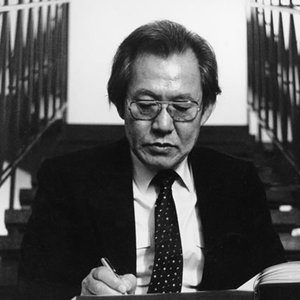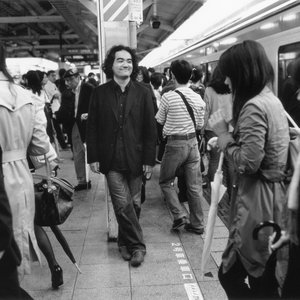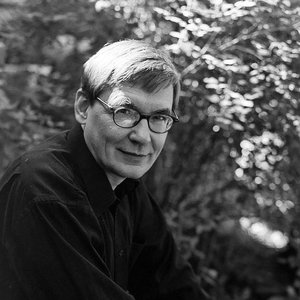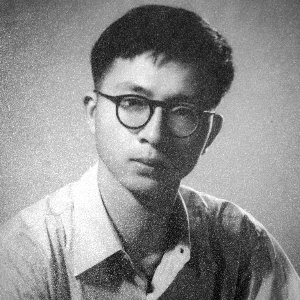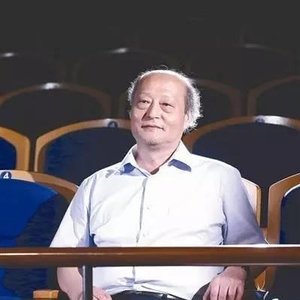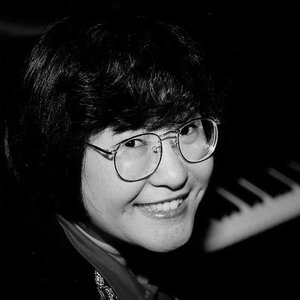Biography
Xilin Wang is one of the most significant composers in China, distinct for his expressive and dramatic musical language and his subversive politics. Wang was born in Kaifeng in Henan Province of China in 1936, less than a year before the start of the Sino-Japanese war. His father’s untimely death and family poverty led him to join an art troupe in the Chinese People’s Liberation Army aged 12 and in 1955 at the age of 19 he was sent to the Central Military Music Conducting School in Beijing where, for the first time, he had access to music by western composers such as Mozart, Beethoven and Tchaikovsky.
In 1957, he was admitted to the department of composing and conducting of Shanghai Conservatory of Music where he studied with Liu Zhuang, Chen Mingzhi, Ding Shande and Qu Wei. After five years of study and an increasingly complicated relationship with Chinese politics, Wang composed his Symphony No. 1 as his graduation work in 1962. This was followed by an appointment as Composer in Residence with the Beijing Central Radio Symphony Orchestra. Wang’s 1963 symphonic suite Yunnan Tone Poem was later awarded the highest prize given by the Chinese government.
In 1963, shortly before the onset of the Cultural Revolution, Wang’s expression of ardent and controversial opinions during a public lecture, in which he criticised the government’s art policies, soon led to his persecution and he was banished to Shanxi Province for 14 years. Until 1971 he worked as a labourer in a Datong labour camp facing persecution, torture and imprisonment; in the subsequent years of exile he was appointed conductor of the Southeast Shanxi Song and Dance Ensemble. During this time, Wang composed six conformist works endorsing political propaganda.
Wang returned to Beijing in 1978 following the end of the Cultural Revolution and was for the first time introduced to the music of the major Western compositional figures of the 20th century, previously banned: Schoeberg, Bartók, Stravinsky, Penderecki, among others. This had a strong influence on Wang’s compositional technique as he began to employ sequencing, minimalism and tone clusters, as well as incorporating elements of local folk music into his symphonic works. He was finally able to pursue his career in composition and did so with aid from Li Delun, conductor of the China Central Philharmonic.
In 2023 Wang Bing's documentary Man in Black, a sixty-minute sensory tribute to Xilin Wang premiered at Cannes Film Festival.
Wang’s extensive oeuvre comprises ten symphonies, numerous concertos, symphonic suites, overtures, and music for film, as well as a body of chamber and vocal works. His works have been performed throughout China and Europe.
Artist descriptions on Last.fm are editable by everyone. Feel free to contribute!
All user-contributed text on this page is available under the Creative Commons Attribution-ShareAlike License; additional terms may apply.



